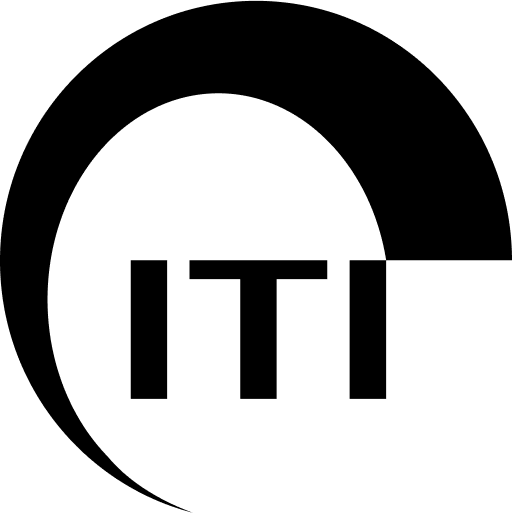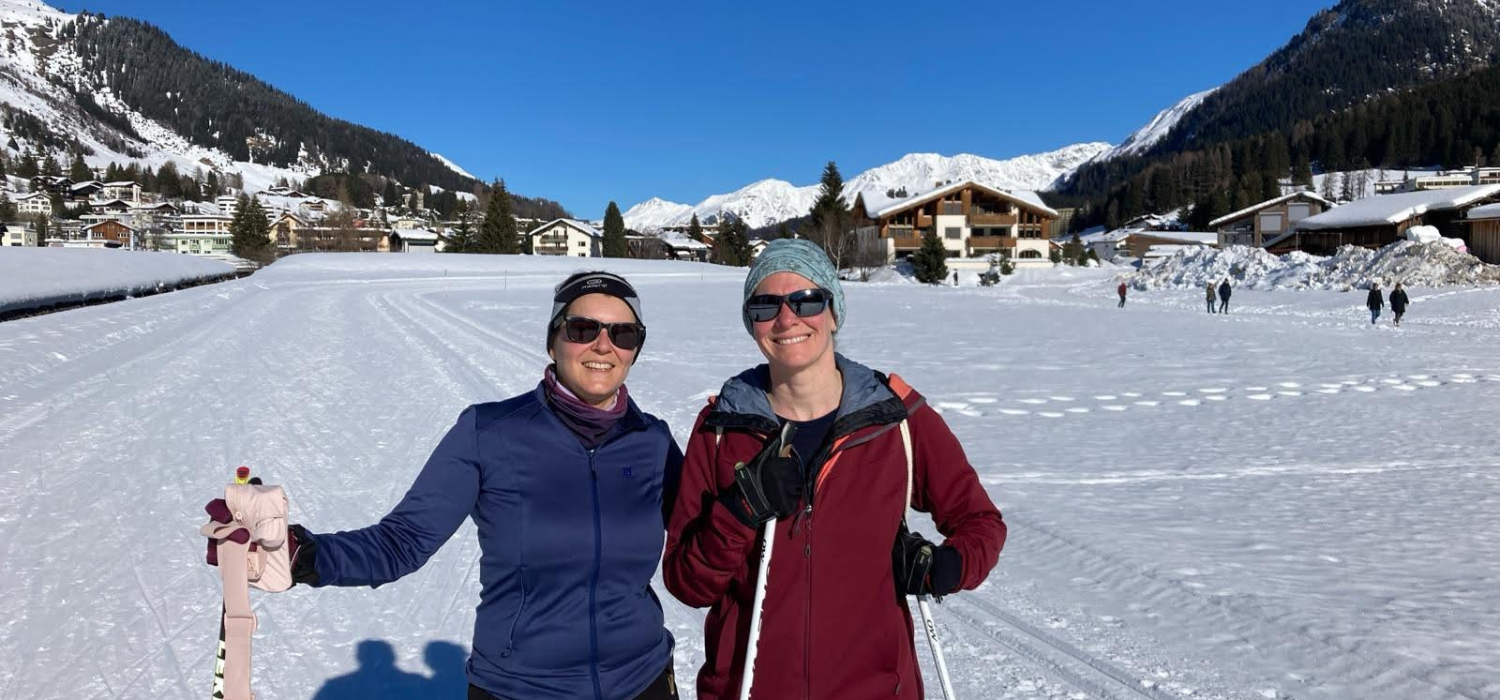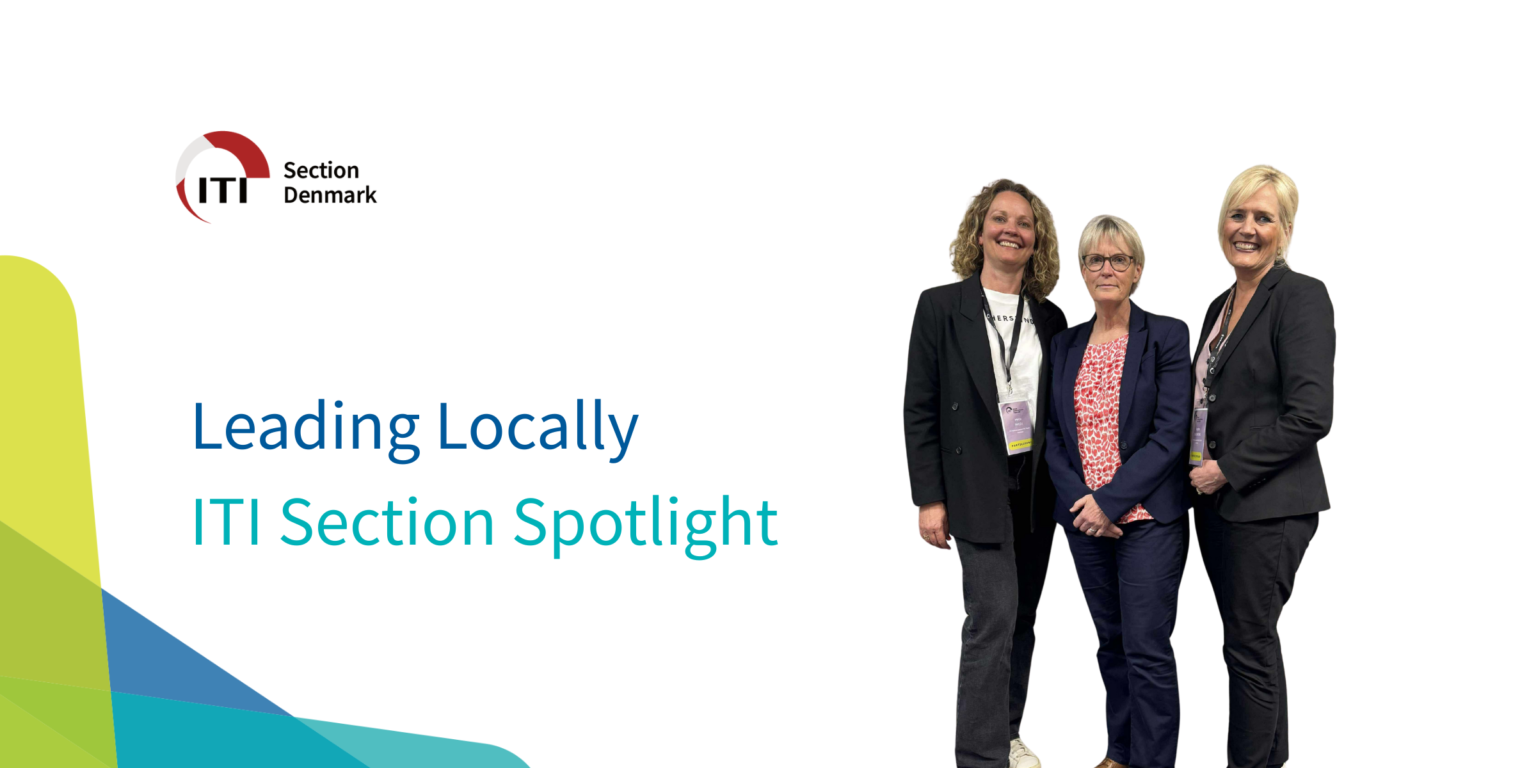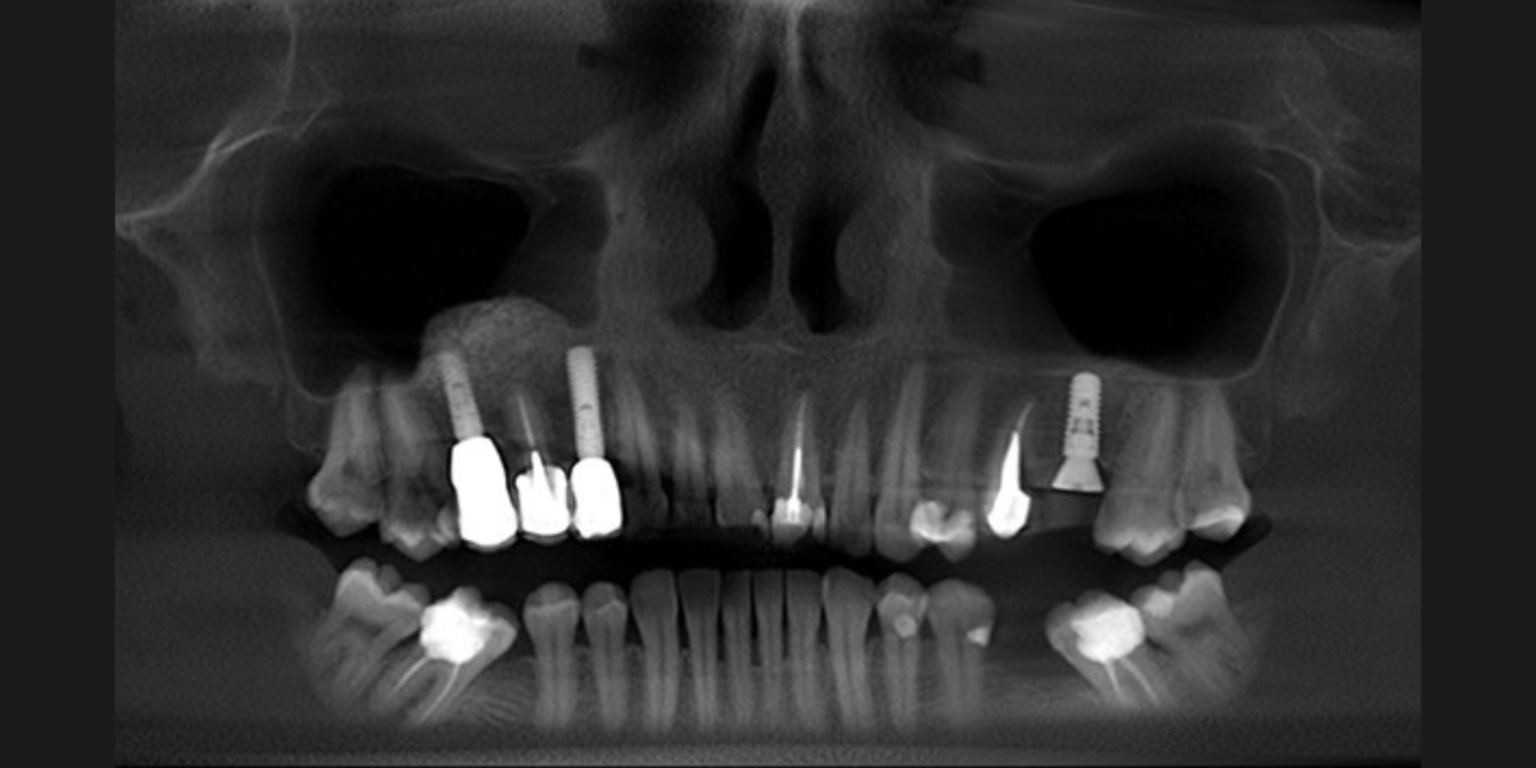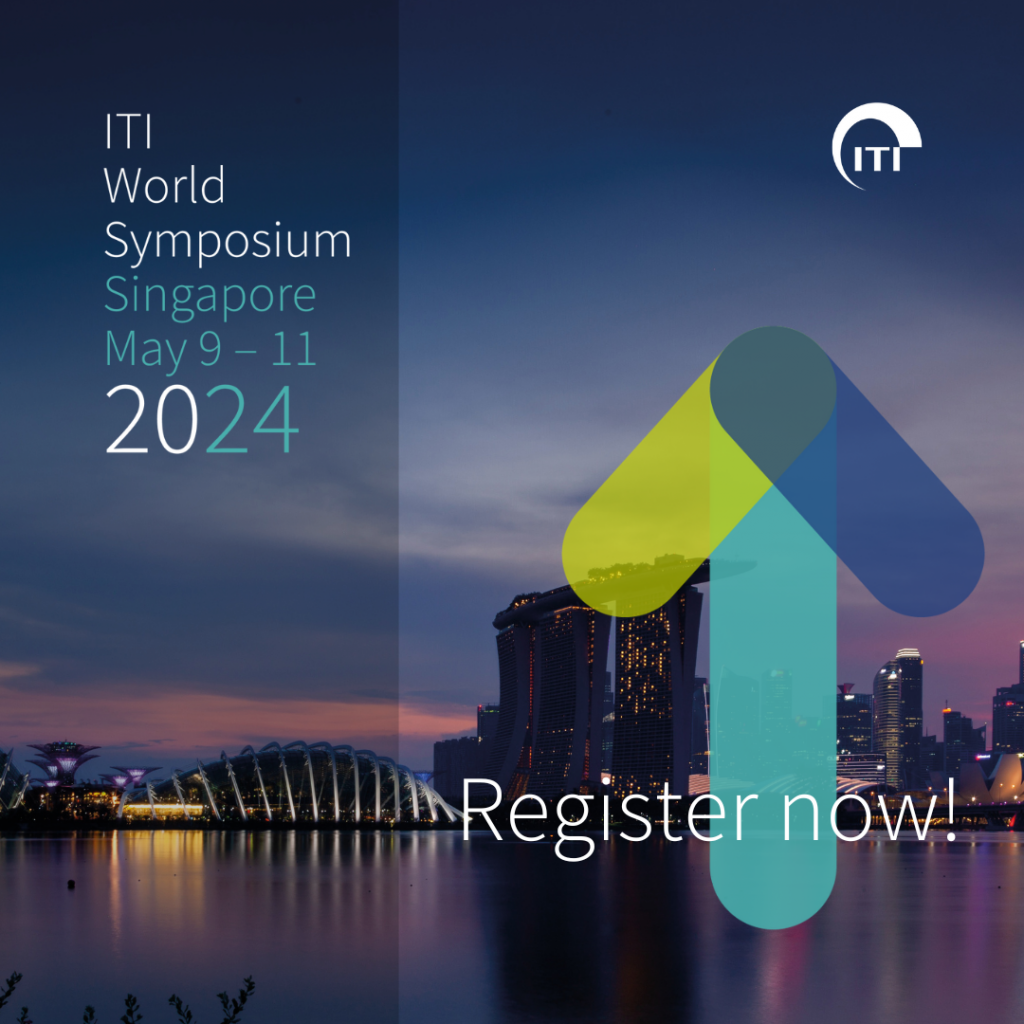With USD 2.2 million to allocate to dental-implant-related studies every year, the ITI Research Committee supports meaningful research projects run by experienced as well as aspiring researchers from all over the world. But there is more to these great professionals than just their work.
In this new feature the ITI Blog takes a 360° look at the personal and professional lives of individual researchers who have received ITI funding.
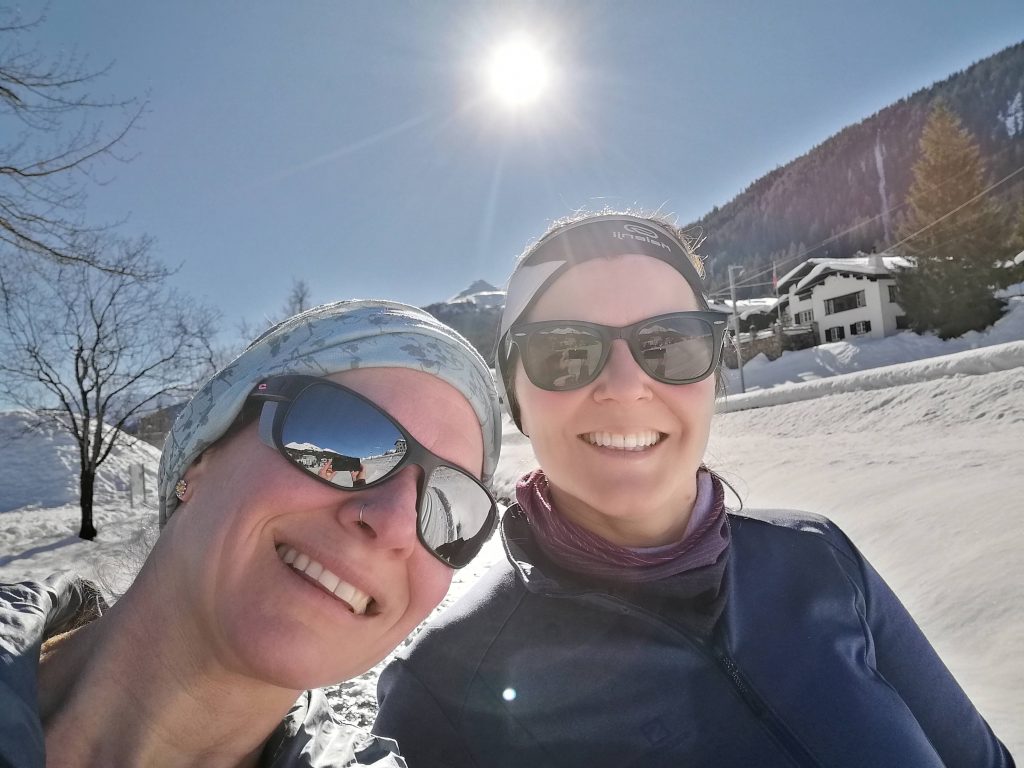
In this issue, we interview Prof. Dr. Anne Géraldine Guex and Dr. Elena Della Bella.
Prof. Dr. Anne Géraldine Guex, from Switzerland, is currently an assistant professor in Oral Implantology at the University Center for Dental Medicine Basel, UZB. Dr. Elena Della Bella, from Italy, is a senior scientist in the Progenitor Cell Biology and Mechanoregulation Focus Area at the AO Research Institute Davos.
Can you tell us a bit about your professional background?
Anne Géraldine Guex (AGG): I have been in research throughout my entire career. As a teenager, I was very interested in all sorts of natural phenomena, was curious to learn more about biology and chemistry, and keen to understand mechanisms in the human body. I therefore embarked on the adventure of studying nanosciences at the University of Basel. This is a highly interdisciplinary curriculum with lectures in biology, chemistry, and physics. The bachelor as well as master program are heavy on lab work and research experience, with students getting involved in ongoing research projects during block courses and later on research internships and a lab-based master thesis. So, I have been in research for over 20 years now.
I am still very much driven by curiosity and keen to learn something new every day. In research, there are more questions out there than we could possibly address in an entire lifetime – and new ones arise every day.
Elena Della Bella (EDB): I am a medical biotechnologist by training. In high school I was initially interested in so many subjects, but once I started studying genetics, I fell in love with it and everything to do with biology and research. I later had the chance to get some insight into oncology research for my BSc and MSc thesis, but then I enrolled in a nephrology PhD program. This gave me the opportunity to work in both basic and clinical research and gain a wide range and finally ended up in the tissue engineering/regenerative medicine field, mostly in the bone field. All of this happened in Bologna, Italy, where I studied and worked until I moved to the AO Research Institute Davos in 2018. I now am a research scientist in the Progenitor Cell Biology and Mechanoregulation Focus Area, and my research focuses mainly on understanding and driving the regulation of mesenchymal stem cell osteogenic differentiation for the development of in vitro models that are more representative of human physiological processes.
Tell us a bit about your project.
AGG: In my current project, we are aiming to understand the influence of the early immune response to dental implants on further downstream bone remodeling and osseointegration. We are looking at how macrophages grow and polarize on different dental materials, and what this implies for the osteogenesis of mesenchymal stromal cells or osteoclast activity. This is relevant to implant dentistry because it will help us to gain a better understanding of osseointegration and why it sometimes fails, but it will also allow us to suggest guidelines for enhanced surface properties and biointerfaces of dental materials to steer the immune response and osseointegration.
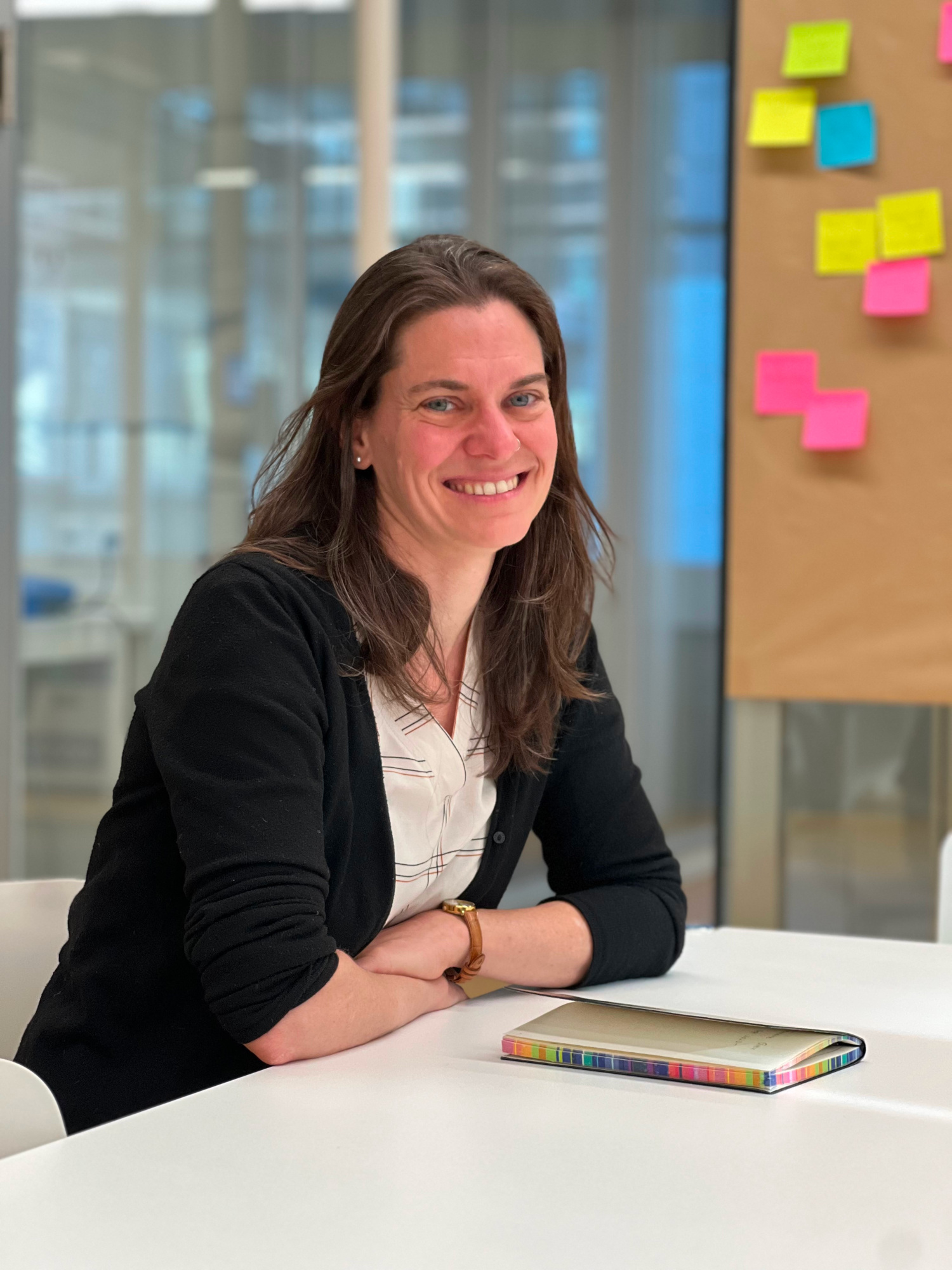
Tell us where you are based and a little bit about your team.
EDB: I am based in beautiful Davos, in and among the Graubünden mountains at the AO Research Institute Davos (ARI), that is world renowned in the field of preclinical research for trauma surgery and orthopedics. As part of the AO Foundation, ARI’s purpose is to advance orthopedic patient care through innovative research and development. The Progenitor Cell Biology and Mechanoregulation Focus Area is part of the Regenerative Orthopaedics program, which is a multidisciplinary team with a holistic approach to regenerative medicine for the repair of musculoskeletal traumatic injuries and degeneration. In our team, we focus on the use of mesenchymal stromal cells for bone and cartilage regeneration, exploring the molecular mechanisms and role of multiple stimuli—such as mechanical load, growth factors and gene therapy—in the process of stem cell differentiation.
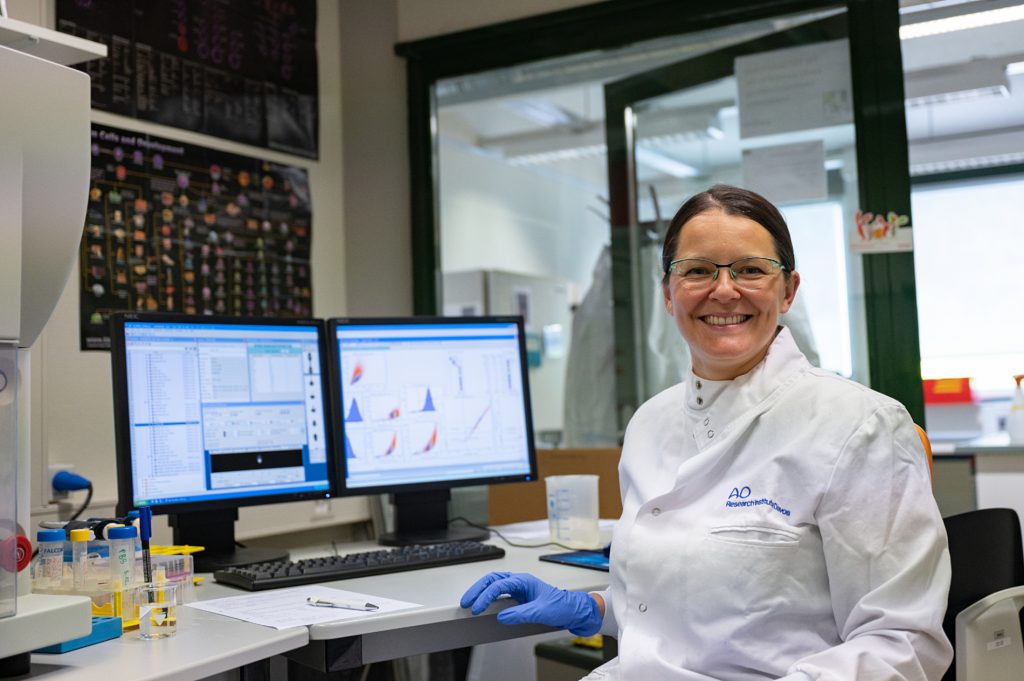
What would be your ideal job?
AGG: I just found my ideal job about a year ago and this is pretty ok for the next 5 to 10 years ;-). Looking ahead, I aim to have a group of even more diverse researchers and combine knowledge from chemistry, bioengineering, and cell culture and complement these fields with approaches in computational biology, modeling, bioinformatics… to generate, analyze and understand patient-specific outcomes and large data sets. My dream would be to see something we generate in the lab become a solution to a disease or problem in the clinic.
EDB: My ideal job is doing science and helping others find their way into research. That pretty much sums up what I am doing now. Maybe my role will change, but this is what I want to continue doing.
How do you manage your work-life balance?
AGG: So far so good. Workload can be totally overwhelming at times. However, I try to balance these times with weekends without work, holidays and free time. I take special care to always have some me-time in between, be it for a walk to grab lunch, or for a coffee outside the office/institute. I tend to be very well organized with clear lists of tasks and their priority. That leaves more time for life. At the end of the day, work is part of life and we should not see it as a punishment from which we need to recover. It should be balanced per se and fulfil us, just as much as breaks are needed and time off work.
EDB: Sometimes it can be hard to balance work and life when doing research, there are always new deadlines, new priorities, or projects that absorb you completely. Though this is not a typical 9 to 5 job, it is important to set some boundaries to avoid burning out and missing out on other important aspects of life. This means that weekends are usually no-work for me unless there are some urgent tasks. I might be busier during the week, but I try to organize my time and work to be as efficient as possible.
Can you describe a typical weekday?
EDB: I usually wake up at around 7 am, have breakfast and go to the AO center between 8 and 9 (bus-walking-biking depending on the season). After the first of many coffees during the day, I start working through the tasks I usually set up in advance, which vary between meetings, scientific discussions, student coordination, lab work, writing papers and grants, plus always some flexible time to accommodate unexpected work. Every day is a bit different, and I like this about my job.
What else do you like to do apart from work?
AGG: I really love rock climbing and related sports, bouldering, ski touring, mountaineering. I try to go climbing once or twice a week. Other than that, I like being outdoors, rain or shine, either for a walk, to cook dinner by the river, or enjoy an apéro on the balcony. Fresh air is something I really, really like and I don’t mind wrapping up in lots of layers to have that fondue on the balcony as opposed to inside a smelly chalet. Other than that, I like board games, handcrafting, and reading.
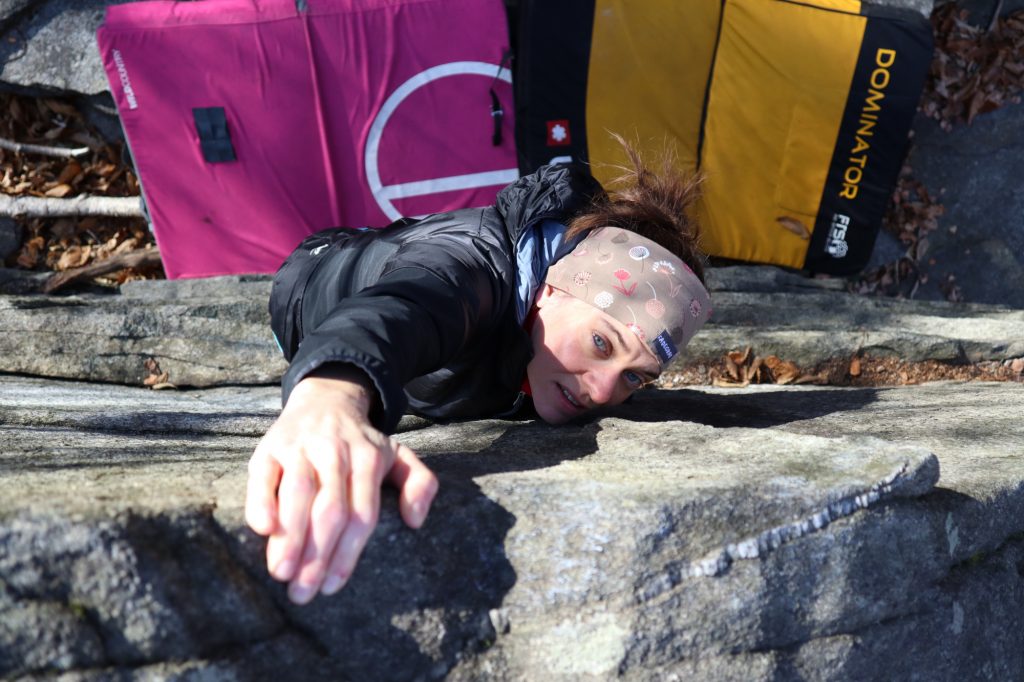
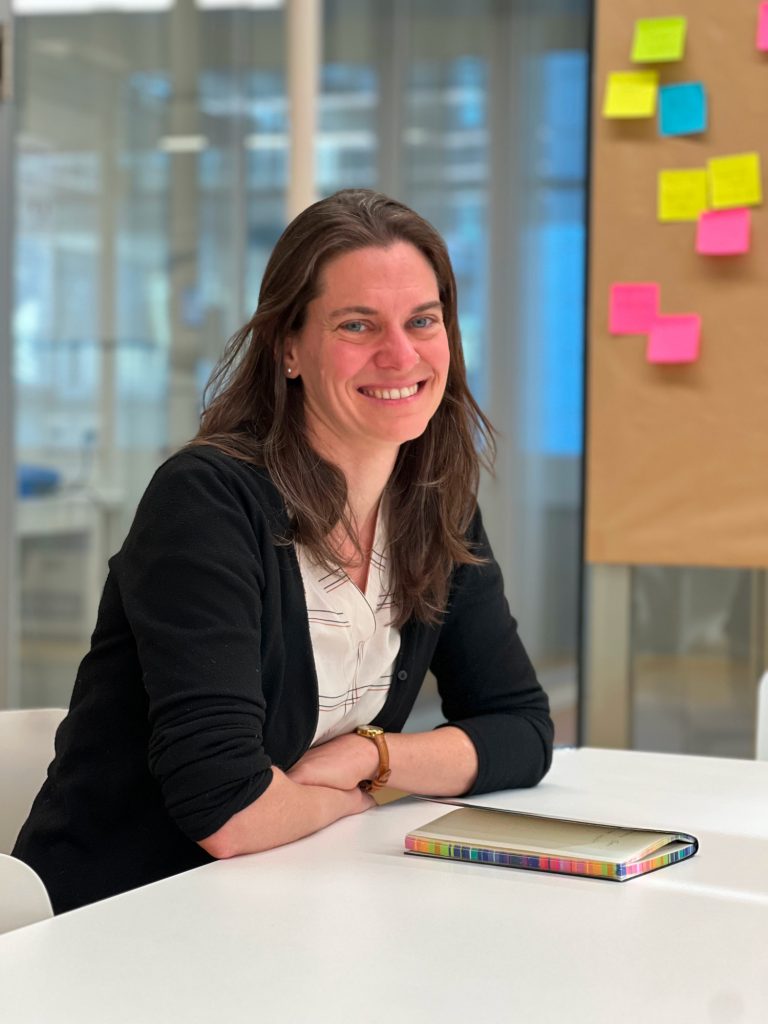
Tell us 5 of your favourite things
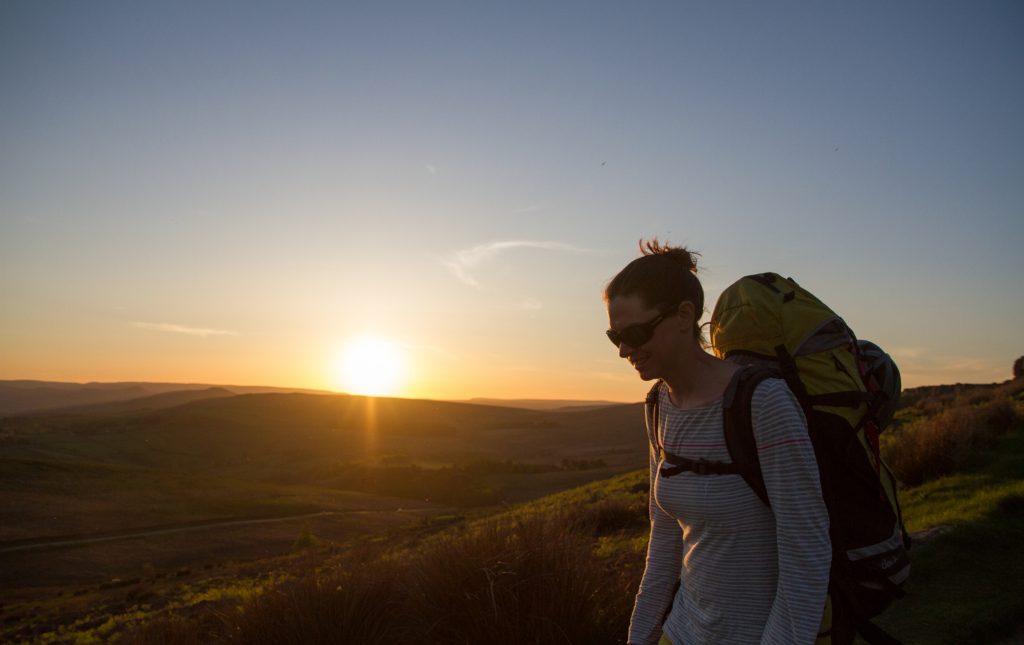
AGG:
Brainstorming and science chats with peers to define new projects
An experiment that worked and cool microscopy images
Seeing students excelling and securing their next position
Bialetti coffee maker
Finally grabbing that crucial hold on a tricky climbing route
EDB:
Exciting new data to analyze
Trying out new and good food
Spending time out in nature with my partner
Cats
Reproducible data
About ITI Research grants
The ITI provides funding for research projects in the field of implant dentistry and related areas that the ITI Research Committee has judged deserving of support. Part of the ITI’s annual research budget is allocated to applications whose projects deal with specific areas of interest defined by the ITI Research Committee.
The deadlines for ITI Research Grant applications are February 28 and August 31.
Apply for an ITI research grant.
